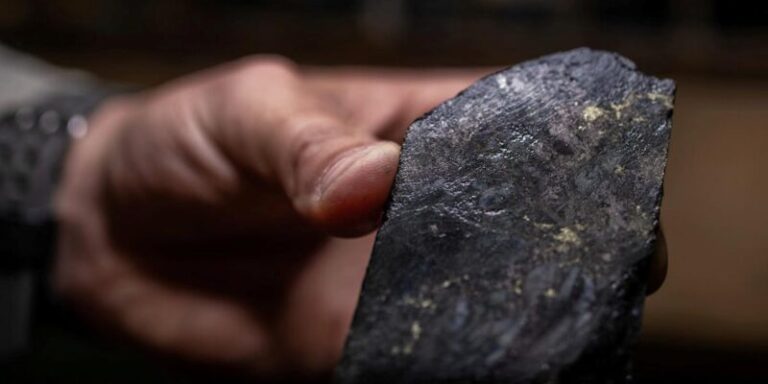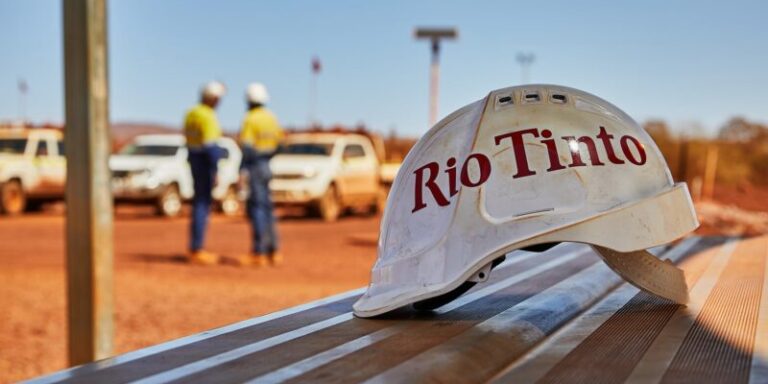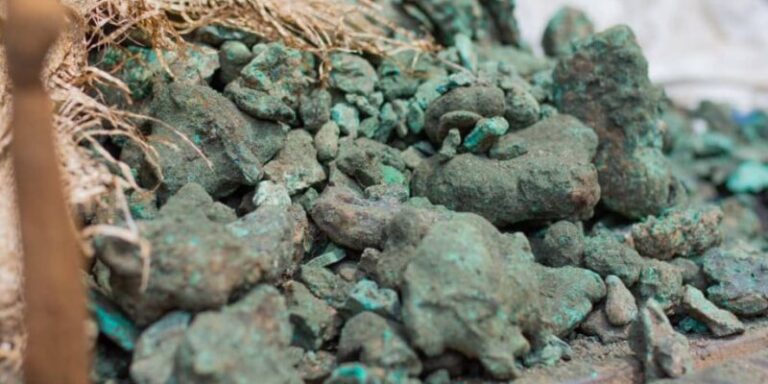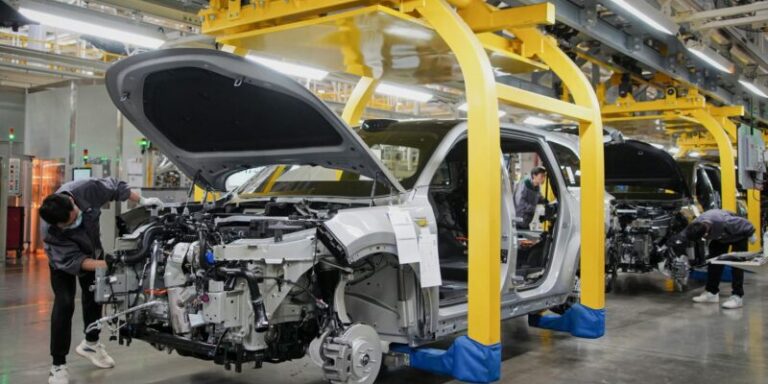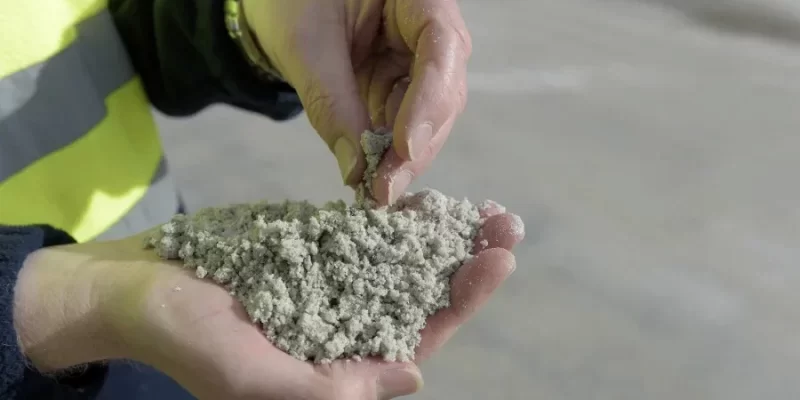
Rio Tinto Group has engaged in discussions with the Democratic Republic of Congo (DRC) about developing one of the world’s largest hard rock lithium deposits, signaling the miner’s growing interest in battery metals.
Recent talks with Congolese authorities have explored Rio’s potential involvement in transforming the Roche Dure resource into a lithium mine, according to sources familiar with the matter. However, discussions remain in the early stages, and no agreement has been reached.
Securing investment from a major Western firm like Rio would be a strategic win for the DRC as it seeks to reduce Chinese dominance in its mining sector.
The country is also in preliminary talks with the U.S. government regarding a minerals-for-security deal to support its efforts against a Rwanda-backed rebellion in the eastern provinces.
If Rio moves forward with a deal, it would further demonstrate its willingness to operate in complex jurisdictions. While the miner already has projects in challenging regions such as Guinea and Mongolia, entering the DRC would distinguish it from competitors like BHP Group, which has historically focused on more stable locations.
Rio is not the only company interested in Roche Dure. The deposit, initially defined by Australia’s AVZ Minerals, has also attracted interest from California-based KoBold Metals, backed by billionaires including Bill Gates and Jeff Bezos.
In January, KoBold informed the DRC government of its interest in developing the project once disputes over mining rights are resolved.
One possibility under discussion is a partnership between KoBold and Rio to jointly develop and operate the mine. However, both companies are also considering independent bids, and no partnership has been confirmed.
The Roche Dure deposit, located near Manono in southeastern DRC, was initially controlled by AVZ, which planned to develop a facility capable of producing 700,000 tons of lithium concentrate annually for 20 years—one of the largest such projects outside Australia.
AVZ was close to beginning construction when its rights were revoked in 2023. The DRC government later split the permit, awarding the northern section to China’s Zijin Mining Group. Roche Dure is in the southern portion.
Unlike rivals such as BHP and Glencore, which have largely avoided lithium, Rio Tinto is aggressively expanding into the sector.
The company is taking advantage of falling prices caused by oversupply to acquire and develop large, low-cost lithium projects.
Last year, Rio acquired Arcadium Lithium for $6.7 billion, adding to its lithium assets in Serbia and Argentina. Its Rincon project in Argentina has already begun production, with plans to scale up as the market tightens toward the end of the decade.
Spokespeople for Rio, KoBold, and AVZ declined to comment. The DRC presidency and mines ministry also did not respond to requests for comment.


